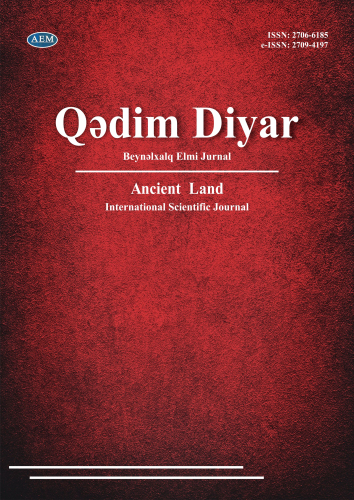https://doi.org/10.36719/2706-6185/43/37-42
Allahverdi Mammadli
Baku State University
Doctor of Philology
allahverdimmammadli1956@gmail.com
https://orcid.org/0009-0009-7936-5507
The Literary School and Its Fundamental Principles
Abstract
This article explores the essence and content of the literary school, particularly within the realm of art and, more specifically, the art of the written word. It is emphasized that the literary school is defined by a generation of creators who, recognizing its relevance, adopt it as a model for their time and for future generations.
The literary school represents a distinct creative movement in which its practitioners discover unique styles and methods of artistic expression. By harnessing the prevailing creative forces of their time, they develop and define this style, enriching it with their own ideological and artistic contributions. Within the framework of a literary school, the literary process continues to evolve based on the established creative method.
The goal of this article is to integrate the basic principles of the literary school into scientific research, outlining their core components and demonstrating the unity of vision among its practitioners. These creators, who possess a broad outlook and a deep conviction, contribute to the development of a new style in their works.
Additionally, the article examines the features of the journal Molla Nasraddin as an exemplary representation of a literary school.
The research leads to the conclusion that the establishment of a literary school marks the beginning of a new literary phase. In a broader context, a literary school signals the dawn of a literary era, during which literary figures establish new norms, shaping and developing the artistic and aesthetic principles of the school.
Keywords: Literary school, conviction, new style, “Molla Nasraddin”, “Fuyuzat”, Jalil Mammadguluzadeh

